
Since 2021, the Youth Hub has been hosting a Rights of Nature Bookclub. In this club, we are reading the most important and impactful books and publications in the field of Rights of Nature.
Rights of Nature Bookclub
In 2021, the GARN Youth Hub opened the Rights of Nature Bookclub. The goal of this bookclub was to introduce youth and young professionals to the most important books and publications about the topic of Rights of Nature.
Two monthly meetings ensured that the topics of the books are being discussed and put into perspective. This club was meant as an open space to freely discuss and comment on the important literature, academic and commercial, in the field of Rights of Nature, Environmental law, Theory and Philosophy.
Although the Bookclub’s meetings ended in 2023, we are open to the idea of relaunching them if there was enough interest in participating in our Bookclub.
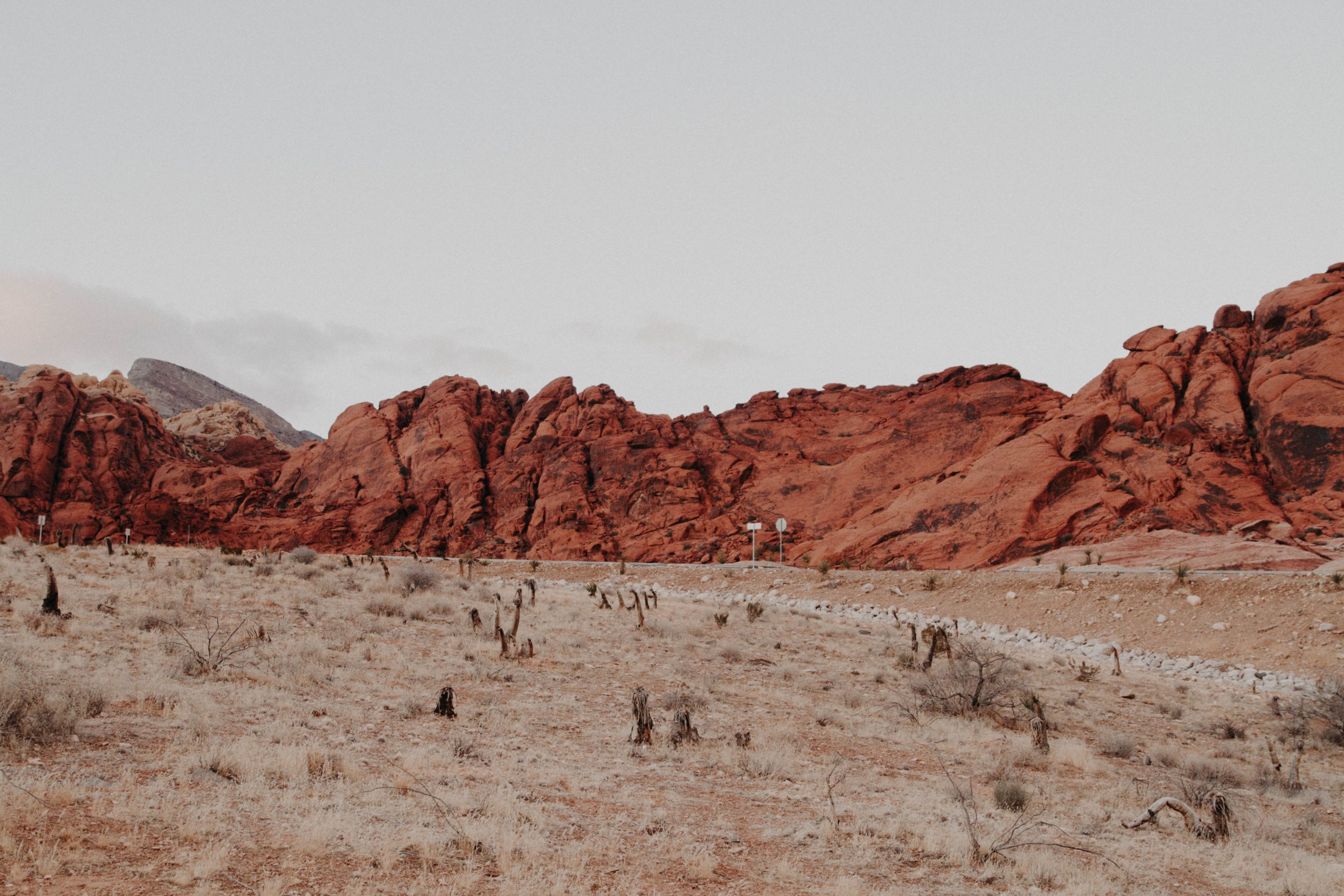
Our recommendations
Bookclub Picks
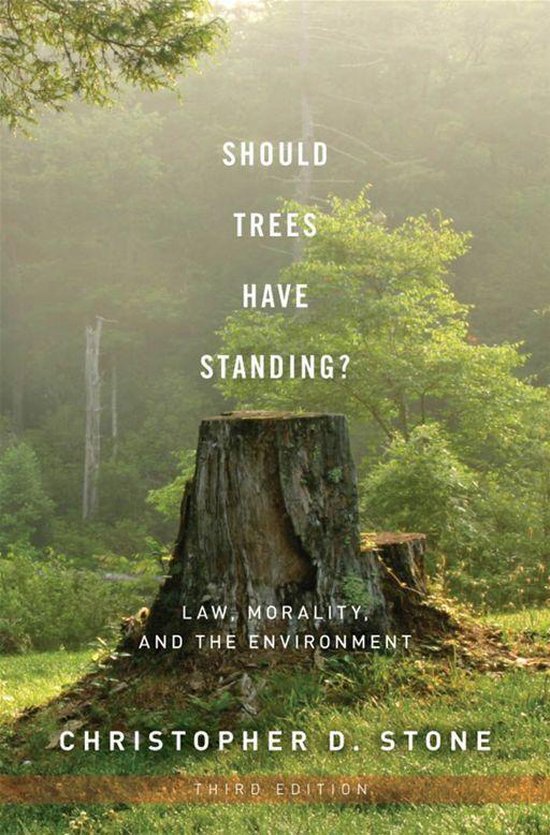
Youth Hub Rating
Should Trees Have Standing
by Christopher D. Stone
Should Trees have standing was the first book that we read in the Rights of Nature bookclub. It is one of the most influential books in the Rights of Nature movement as it was the first to introduce the legal implications of such a transition towards earth jurisprudence to a wider public.
In this book, Stone introduces the legal and judicial aspects that need to be considered when including the rights of non-human subjects in legal courts around the world. Many examples of cases are given in this book which Stone comments on academically and professionally.
Pre-knowledge on law and legal texts is benificial, as this book uses advanced legal terms and concepts. We recommend this book to anyone who already has a certain amount of knowledge on the concept and wants to know more on the origin and legal comments on certain cases that created the movement as we know it today.
The Rights of Nature
by David R. Boyd
In The Rights of Nature by David R. Boyd, we recieve an introduction into the concepts that have created the Rights of Nature movement. Boyd focuses in this book on creating a text that can be used as an introduction to the topic, and is therefore a useful tool for people who are new to the movement. Easy language and good descriptions of cases which have sparked the legal revolution that is Rights of Nature will underline all that is important to know at the core.
This book focuses on making the (sometimes hard to understand) concepts and legal language more accessible to the wider public.
We therefore recommend this book as a beginners text to laypersons and our younger audiences. For readers with a scientific and legal background who are searching for more critical analysis and commentation on the movement, we recommend different literature.
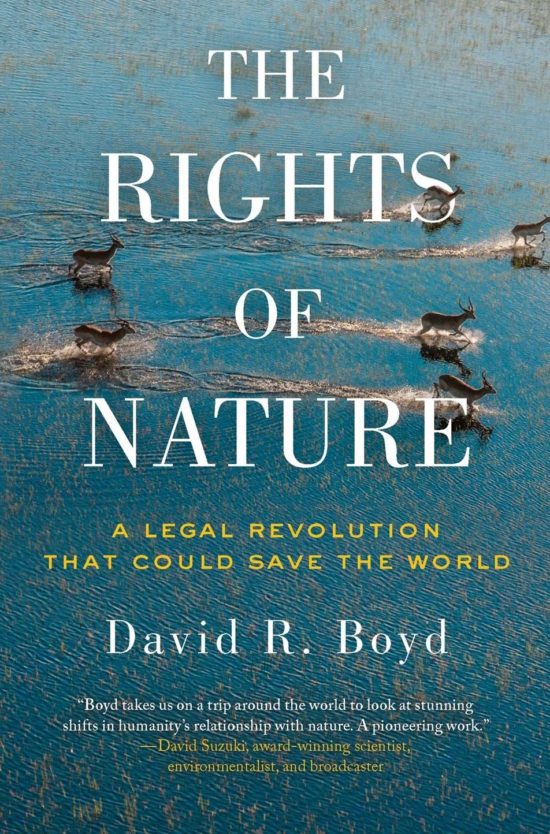
Youth Hub Rating
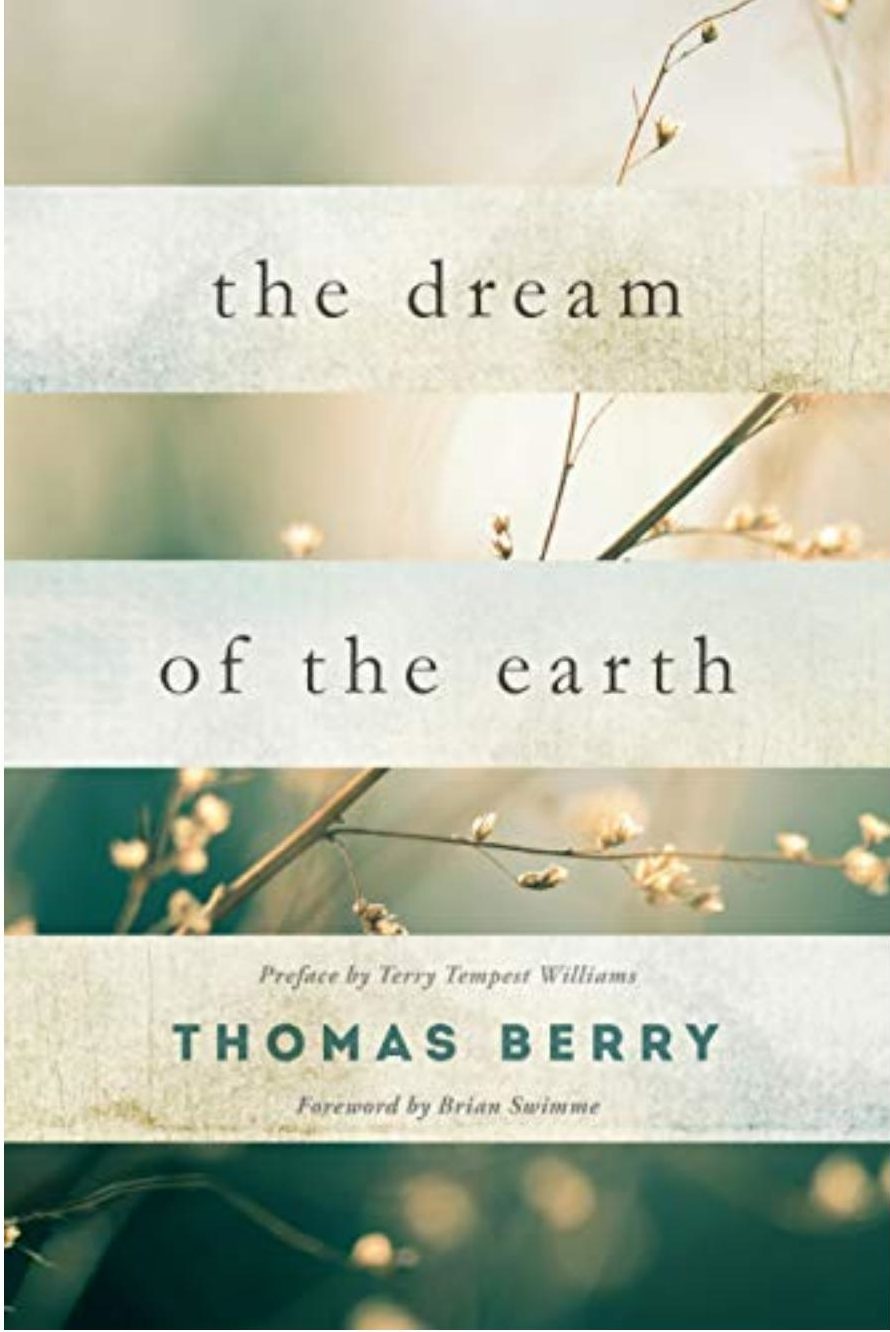
Youth Hub Rating
The Dream of the Earth
by Thomas Berry
This book explores the moral and ethical reasoning that create the concept of Rights of Nature. It is less so a blueprint of the legal approach, and more a philosophical journey that tries to answer the question of how we should treat the living world.
The Dream of the Earth was published in 1988 which makes it one of the oldest picks for our Bookclub. Many new concepts that Berry introduces in this book create a basis of understanding what we now call the Rights of Nature.
This book is recommended for those, who are more interested in the concep of Rights of Nature as a way of life. For people who do not have a deep understanding of the legal implications of Rights of nature, or are more interested to start learning about the concep through an easy to read, story like text, this could be a good beginners text.
Earth Democracy
by Vandana Shiva
In Earth Democracy, Vandana Shiva introduces us to one of her more robust critiques of our current socio-ecological crisis, of its root causes, and of paths for overcoming it.
Drawing strong links between the capitalist world economy, the privatisation of Earth’s ecosystems and living species, gender violence and its particularly harmful impacts on women and girls around the Earth, Shiva helps us understand historical processes of colonisation, globalisation, patriarchy and anthropocentrism as mutually reinforcing systems of oppression. These systems, Shiva argues, must be overcome together, namely through the development of a new form of democracy – an Earth democracy – that respects the fundamental idea of a planetary community of which both human and non-human beings are interdependent members and participants.
In this book she outlines the principles of such a new paradigm and how they may lead us toward a fairer, more peaceful and more ecologically sound future.
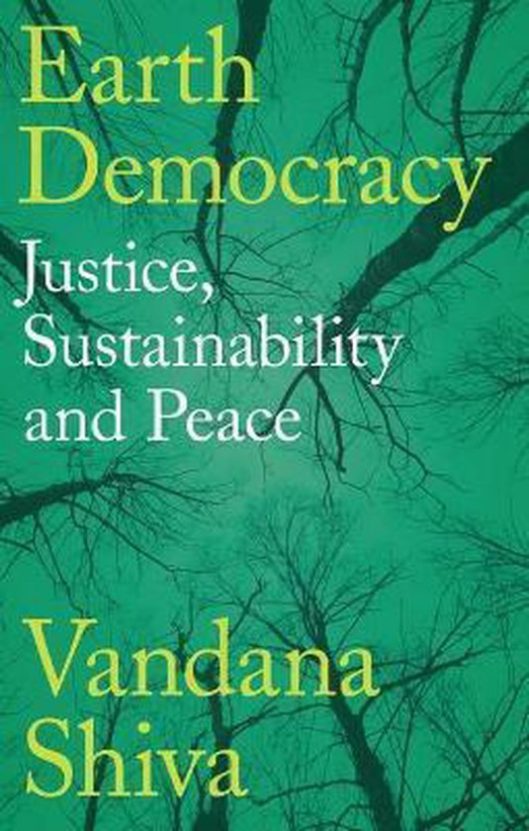
Youth Hub Rating
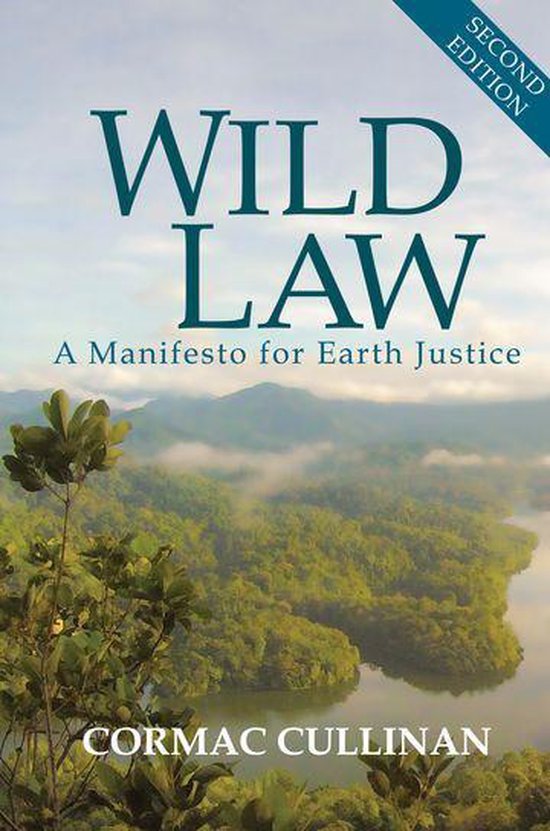
Youth Hub Rating
Wild Law
by Cormac Cullinan
This is a very informative book for those seeking to embed themselves in the topic of the RoN from a macro/ systemic perspective while learning about the importance of the implementation of Wild Law at the community level for a change in paradigm.
We would recommend this Nature book for those that are not fully beginners in learning about the Rights of and to lawyers and philosophers interested in learning about this issue. The book makes a strong case to convey the urgent need to rethink governance both at the local and at the global scale by adopting a new Earth centric paradigm although, for some readers it may feel as it falls short (perhaps intentionally) in dissecting how this would be in fact possible without a full disruption of our current systems and institutions.
Reading this book the reader will have the opportunity to reflect together with the writer in some of the philosophical and moral conundrums that a change of paradigm might entail in the future.
The Rights of Nature
by Roderick Frazier Nash
The Rights of Nature – A History of Environmental Ethics, by Roderick Frazier Nash is a historical account on the Rights of Nature movement.
First published in 1989, Nash introduces us to the concepts of environmental ethics throughout time, starting with ancient philosophers and ending with big Nature writers and thinkers like Muir, Thoreau, Leopold and Salt. Nash takes us on a journey on how environmental ethics has evolved, commenting on the influences of religious beliefs and societal norms and how the Rights of Nature is the next logical development in the field of ethics today.
This book is a historical account and can therefore be hard to get through for beginners of academic literature. We recommend this book as an intermediate reading for people who feel comfortable immersing themselves into dense history and philosophy writing.
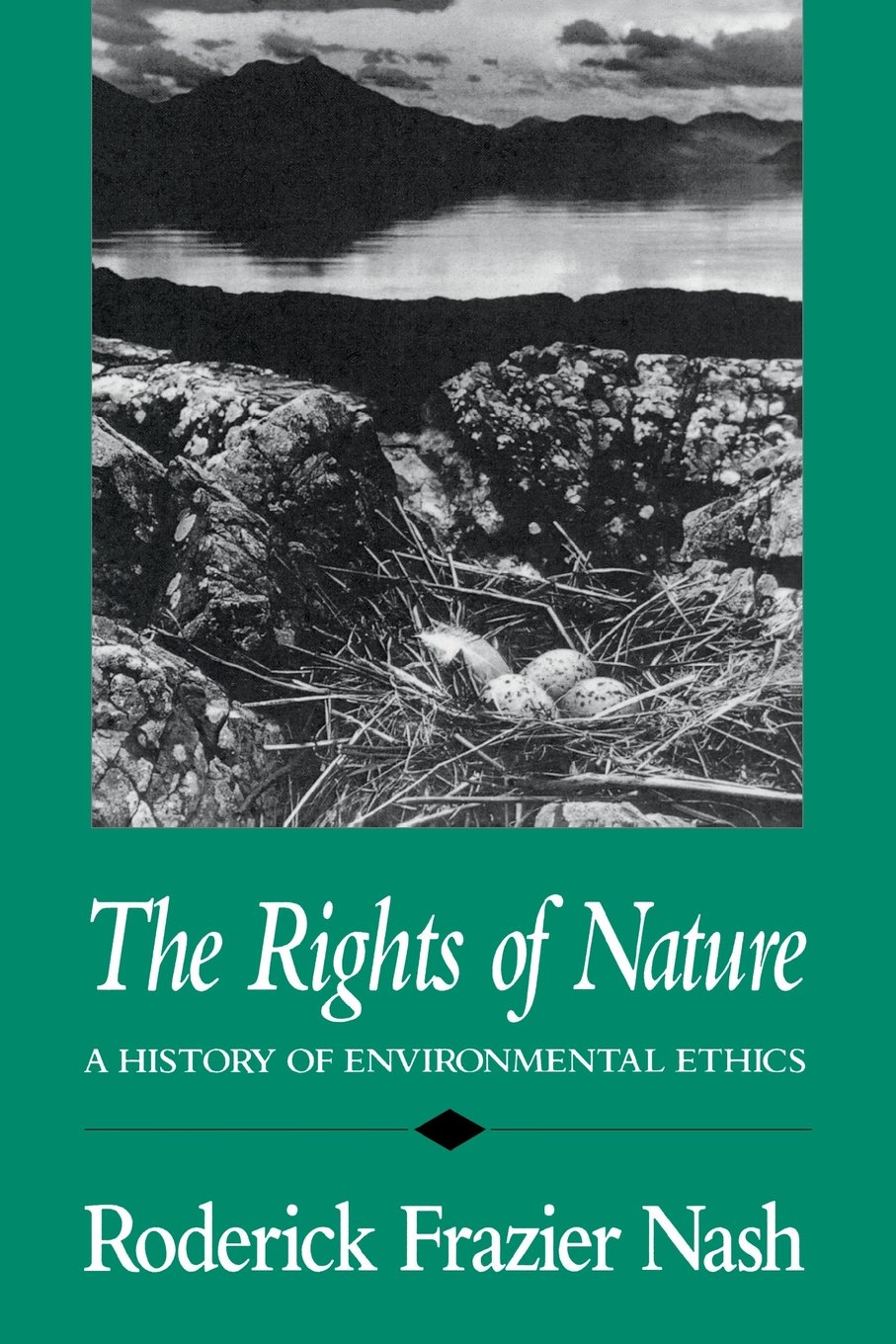
Youth Hub Rating
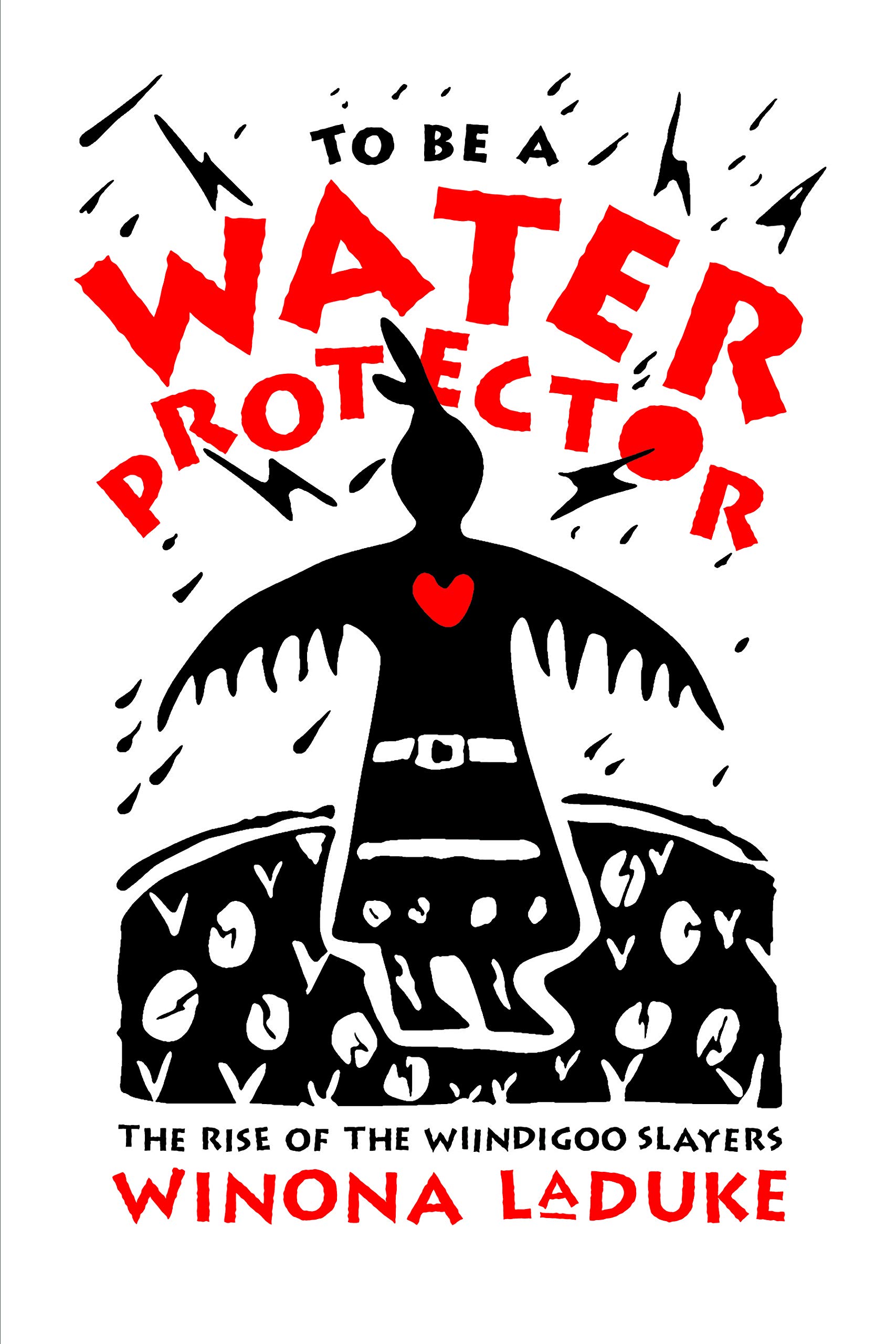
Youth Hub Rating
To be a Water Protector
by Winona LaDuke
Written by leading indigenous (Anishinaabekwe) environmental activist Winona LaDuke, To be a Water Protector is a powerful call to action for protecting Mother Earth. The book was published in 2020 and is a mixture of short essays and detailed case studies. The essays range from discussions of Rights of Nature, indigenous values, and current environmental challenges (even including the covid-19 pandemic).
The bulk of the book consists of thoroughly researched and first-hand accounts of indigenous-led pipeline protests in the United States (such as the Dakota Access Pipeline near Standing Rock, and the Line 3 pipeline in Minnesota).
This book does not specifically discuss the Rights of Nature as much as other books we’ve read. It is a good read if you’d like to learn more about direct-action water protection that’s been taking place in Turtle Island (North America).